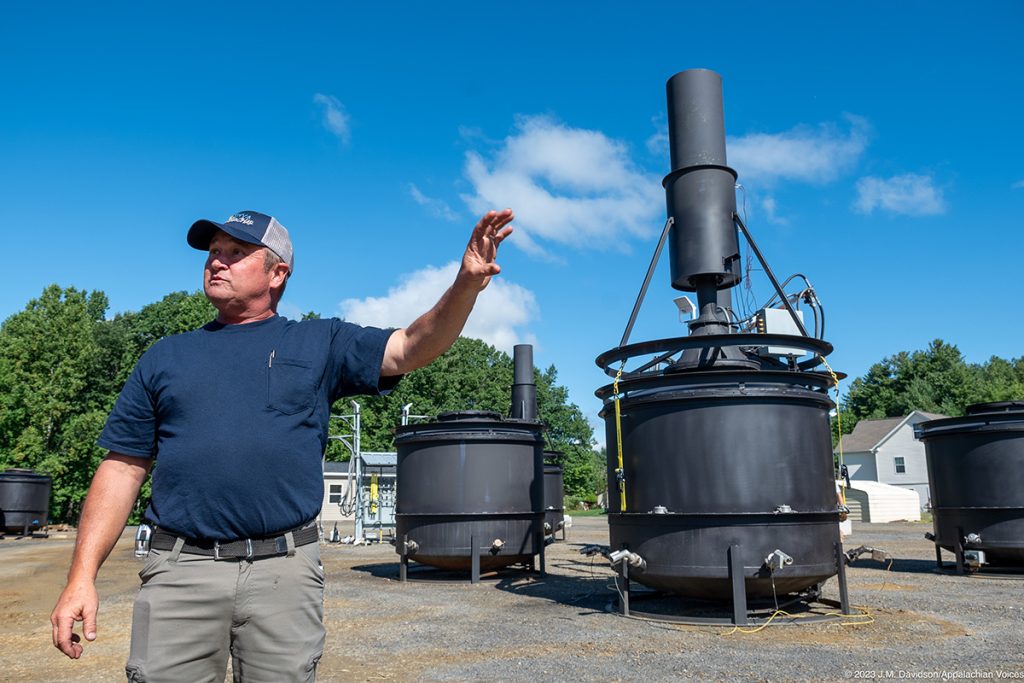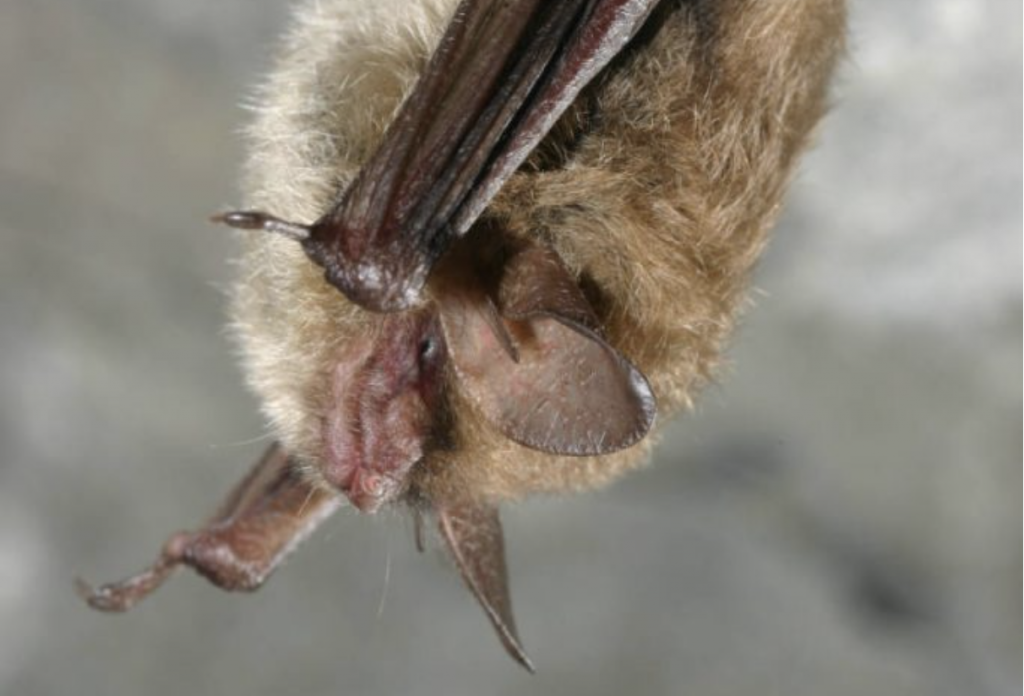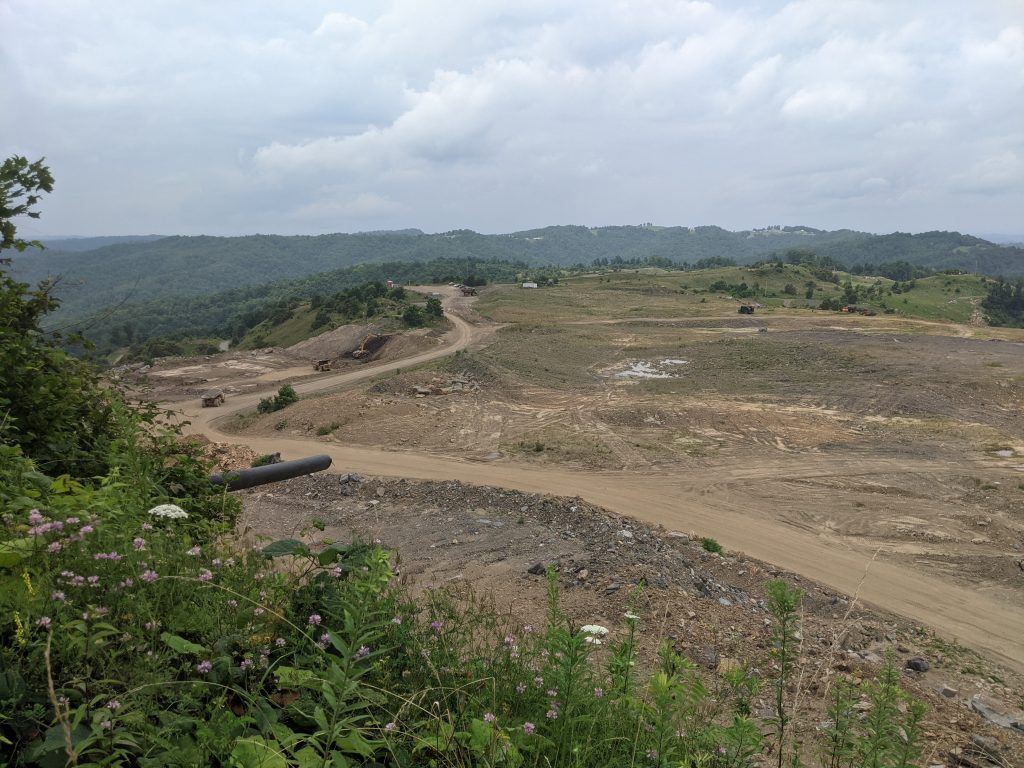Voice Feature #7
Not-So-Smooth Sailing: Ann Rose hits a snag on her epic kayak journey
Undaunted by an equipment failure, Ann Rose continues her nearly 2,000-mile journey to raise awareness about water issues facing Appalachian farmers.
Read More‘Every Stick:’ SWVA Biochar Uses Local Waste to Create Quality Soil
A Southwest Virginia company’s biochar product is carbon-negative and has applications in agriculture.
Read MoreWV Companies Deploying Federal Manufacturing and Clean Energy Incentives
Four West Virginia school districts welcomed West Virginia-made electric school buses, and an old machine shop is being transformed into a center for advanced manufacturing.
Read MoreSolar Apprenticeship Program Benefits Southwest Virginia
A youth solar apprenticeship program is changing lives and accelerating the switch to green energy in Southwest Virginia.
Read More‘Environment At Risk’ Art Exhibit Connects Art, Activism and the Natural World
The “Environment At Risk” art show at The Cultural Arts Center at Glen Allen, Virginia, features 40 artists whose work confront environmental issues in deeply intimate and poetic ways through paintings, drawings, sculpture, photography and fiber art.
Read MoreNew Draft Safety Standard for Exposure to Silica Dust
The Mine Safety and Health Administration’s proposed new regulations would reduce worker exposure to silica dust, but advocates say better enforcement measures are needed.
Read MoreNorthern Long-Eared Bats Added to Endangered Species List
The U.S. Fish and Wildlife Service recently classified northern long-eared bats as endangered, which could help save the species most impacted by the deadly fungal disease known as white-nose syndrome.
Read MoreHow the Coal Mine Cleanup System is Failing
The bankruptcy of coal company Blackjewel has exposed many flaws in the current mine cleanup system.
Read MoreFloods Devastate Communities Throughout Central Appalachia
In flood-ravaged areas of Central Appalachia, recovery is expected to be a long process.
Read MoreResearchers Discuss How Climate Change Impacts Health in Rural Mountain Communities
Researchers discussed how climate change will impact health in rural mountain communities during a recent workshop. Spoiler alert: hotter nights, more mosquito- and tick-borne disease, and effects on mental and maternal health.
Read More








